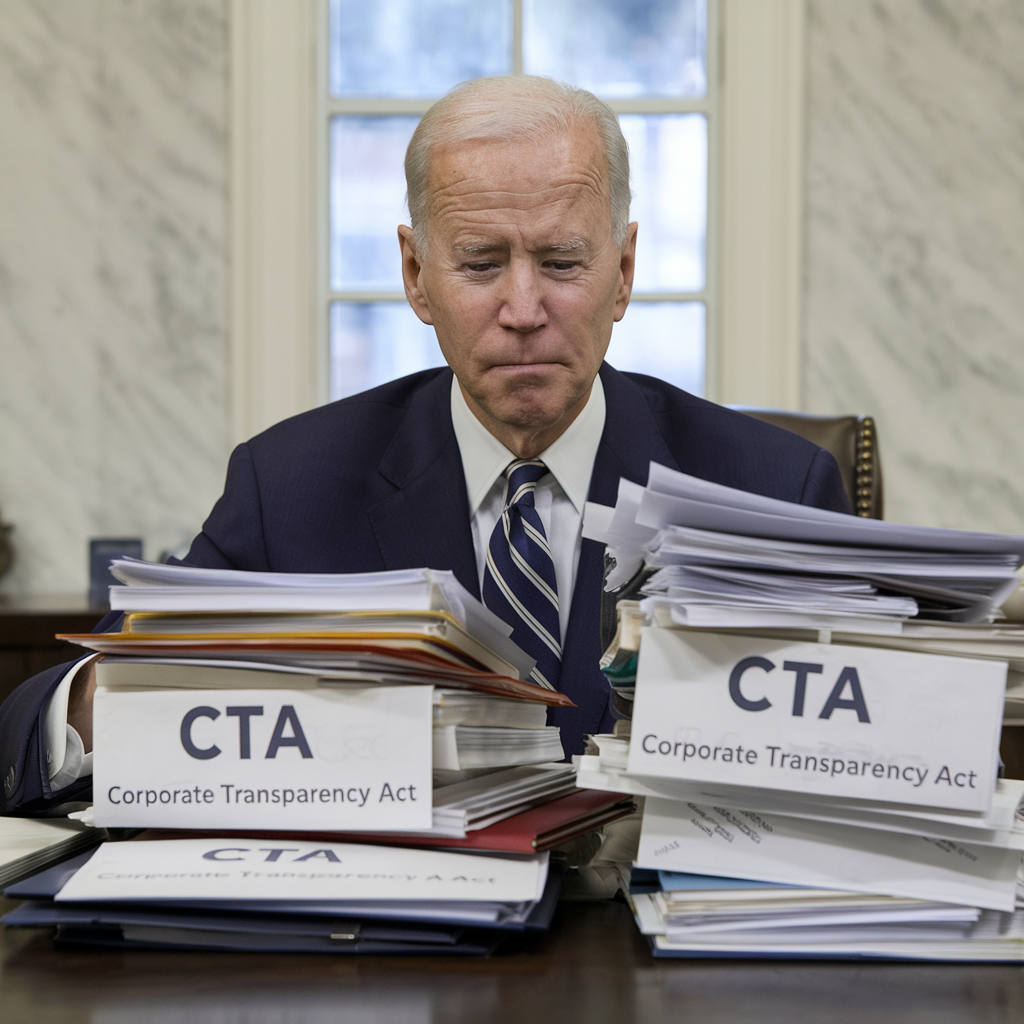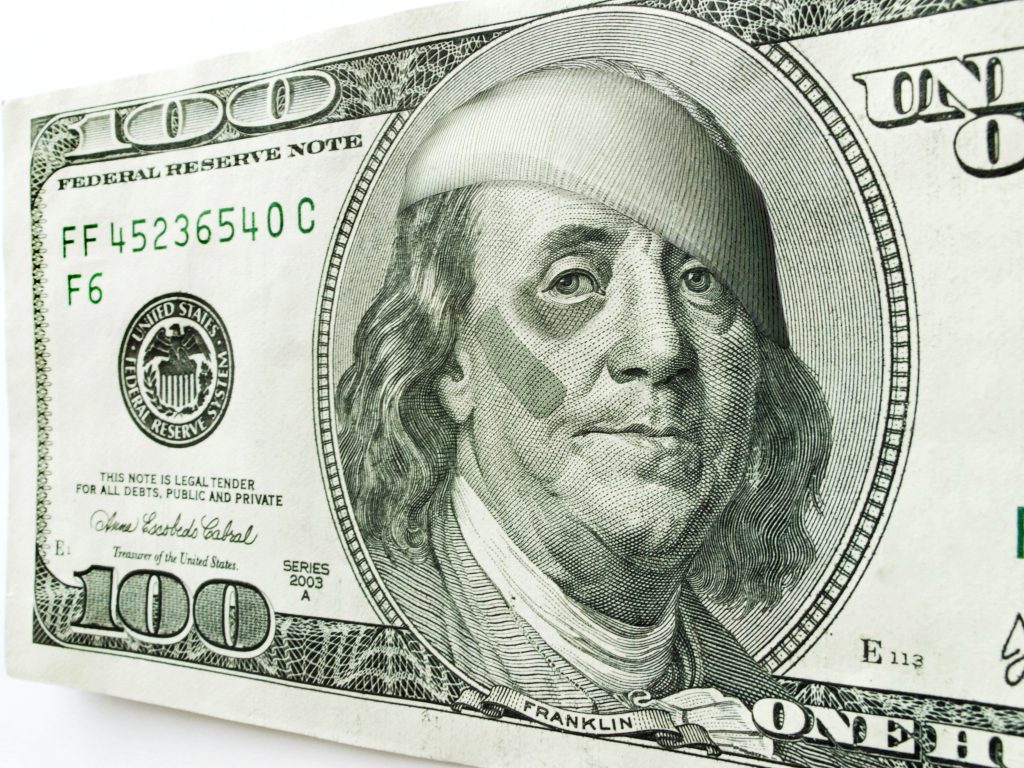It was Christmas Eve in the year 1299, and Pope Boniface VIII was performing his usual holiday rituals around Rome when he happened to bump into a very elderly, 107-year-old man from Italy’s Abruzzi region.
According to the semi-official legend, the old man claimed to have been in Rome a century before as a young boy, and that he had witnessed a former pope granting widespread indulgences to an entire crowd of people.
It’s hard to say at this point whether or not any of the story is actually true. But what we know for sure is that Boniface thought over the idea long and hard… and he ultimately decided to do the same thing, declaring the following year (1300) as the Year of Jubilee.
The idea of jubilee is nearly as old as history itself, and it often had to do with debt forgiveness.
Thousands of years ago in 1792 BC, the brand-new 18-year-old King Hammurabi of ancient Babylon knew that he needed to get the people on his side in order to consolidate his power. So, he declared a debt jubilee, absolving ALL citizens of debts that they might have owed to the government.
(Hammurabi’s move was similar to Joe Biden’s failed attempts to forgive federal student debt…)
Under Jewish Mosaic Law, lenders wiped out the debts of their fellow Israelites every seventh Sabbath year (every 49 years).
But Boniface’s jubilee wasn’t about forgiving debt; it was about forgiving sin… which at the time was a far more powerful incentive than money.
Christians at the time believed that human beings were born into sin and continued sinning throughout their entire lives– whether they realized it or not. And that they would be accepted into an afterlife of paradise through formalized rituals like confession and penance.
Most peasants believed in these Catholic tenets so ardently that they would jump at any chance to have their sins forgiven.
Boniface knew that. He was shrewd. He also knew the Church needed money (shocker!) and a bump in its popular support.
So, he essentially told people– come to Rome this year (1300). Pray in the the basilicas at least once a day for 15 days. Go to confession. And, if you manage to deposit a few coins while you’re here, we won’t mind.
In exchange, Boniface promised a plenary indulgence, which is the most powerful forgiveness that someone could receive, literally “the fullest and broadest pardon for all sins committed.”
And that was the key: ALL sins committed, whether or not your local priest or nobleman was aware… whether or not even YOU were aware… you would be absolved of ALL sin.
This is basically the deal that Hunter Biden just received from Pope Joe I: you’re forgiven of EVERYTHING you might have done for the last decade… which, given the statute of limitations on most crimes, is basically the equivalent of a lifetime pardon.
Seriously. The statute of limitations is 10 years or less for crimes such as: Bank Fraud, Tax Fraud, Securities Fraud, every white-collar crime, Arson, Racketeering, Slave Trading, Assaulting a Member of Congress, Chemical and Biological Weapons offenses, most terrorism offenses, sexual abuse crimes… pretty much everything short of murder and genocide.
So, Hunter has a clean slate.
Most of the media coverage thus far has been predictable outrage over Joe Biden’s hypocrisy, or the miscarriage of justice because “no one is above the law”.
The real issue to me, though, is neither of the above. I wonder– why can’t everyone else get that deal? Why can’t the average American citizen be forgiven of their ‘crimes’, like a gigantic, nationwide legal/regulatory jubilee?
I put ‘crimes’ in quotes, of course, because the sheer volume of US statutes is beyond absurd.
There were a tiny handful of federal crimes at the birth of the nation in 1789. The Constitution only lists three– Treason, Piracy, and Counterfeiting. Within a few years, Congress had defined more, ranging from bribery to perjury. But the code was still sensible.
Even in the early 20th century, the entire US legal code fit into a single volume. Today just the Code of Federal Regulations alone spans roughly 200,000 pages, and it grows by leaps and bounds each year.
And that’s the central concern: America is no longer a nation of laws which govern basic and obvious crimes (like murder, theft, etc.). It is a nation of obscure ‘rules’ and ‘regulations’ churned out by an endless multitude of government agencies.
There are now an estimated 300,000 federal regulations which can land you in prison.
It’s a federal crime, for example, to make an “unreasonable noise or gesture” if a horse passes by at a national park, punishable by 6 months in prison [36 CFR § 2.16, 18 USC § 1865(a)].
It’s also a federal crime to sell pork “which gives off a pronounced sexual odor”, unless the odor is “less than pronounced”, in which case it can be used in a meat product. [9 CFR § 311.20]
Put the wrong information on your passport application? You’re looking at five years in prison. Misusing your passport “in violation of the conditions or restrictions contained therein” (whatever those might be?) carries up to 25 years in prison.
Every adult in the Land of the Free has unknowingly violated innumerable regulations which carry severe criminal penalties.
We are all unwitting criminals as a result of this Byzantine legal system. And it’s one of America’s great challenges: you cannot have a functional society without Rule of Law, and you cannot have Rule of Law when the laws are so vast, obscure, and ever-changing.
James Madison once warned about the threat to liberty when laws of a nation grow “so voluminous that they cannot be read, or so incoherent that they cannot be understood. . . or undergo such incessant changes that no man. . . can guess what [the law] will be tomorrow.”
Dismantling this system will take an incredible amount of time, effort, and political will.
In the meantime, I think everyone should get Hunter Biden’s deal… and that all free people should enjoy their own regulatory jubilee.







